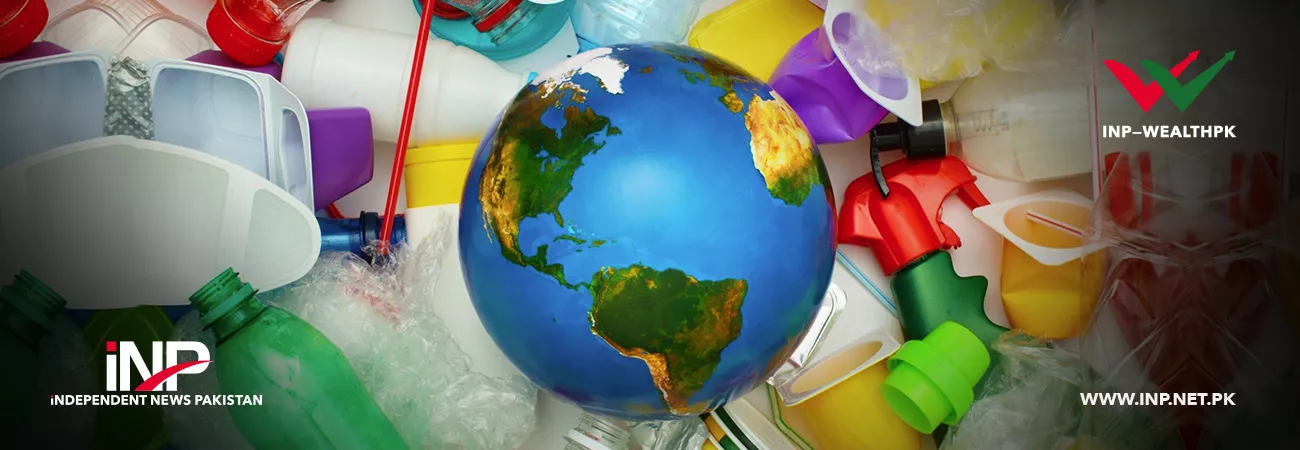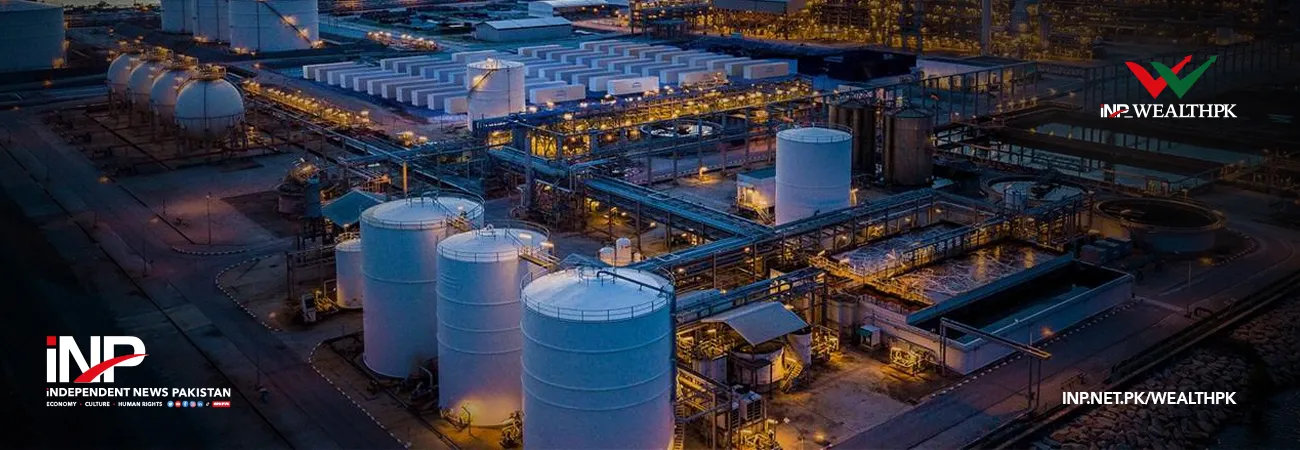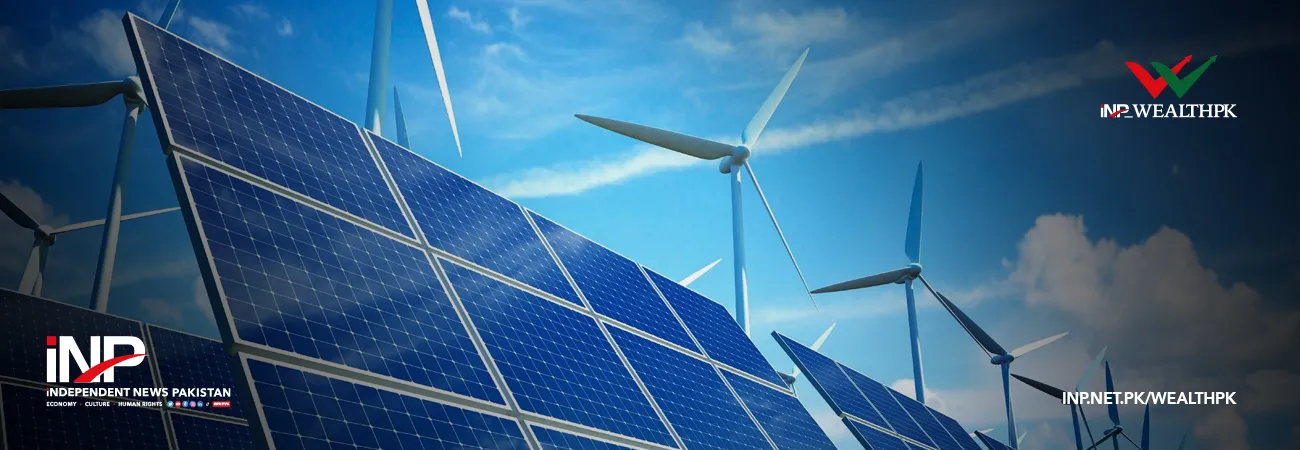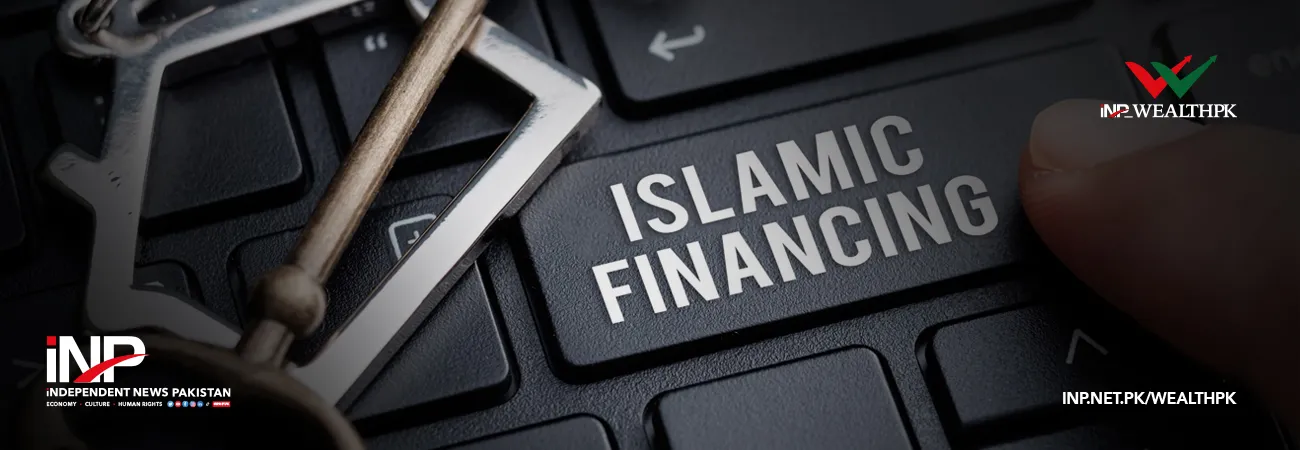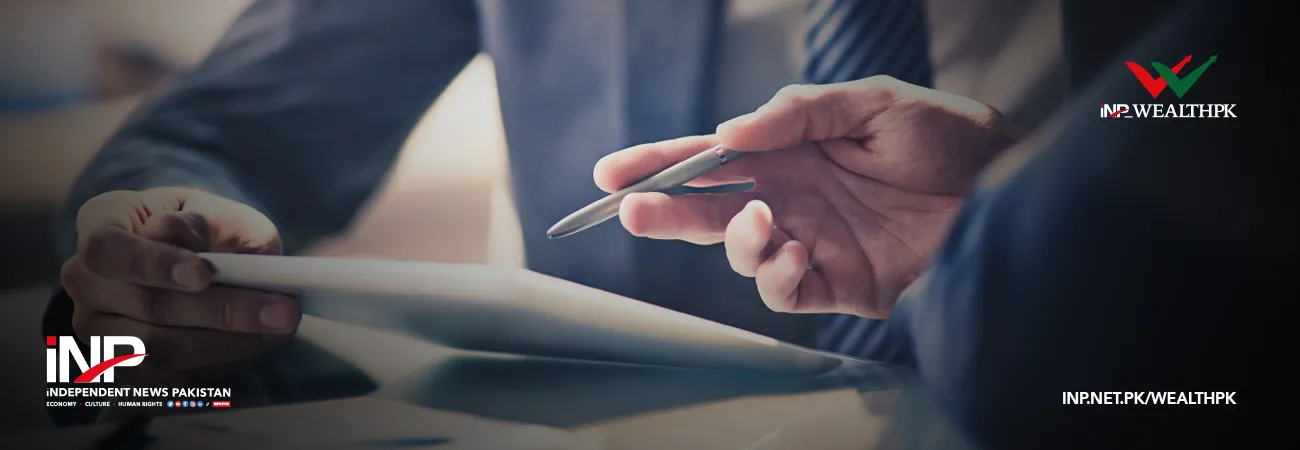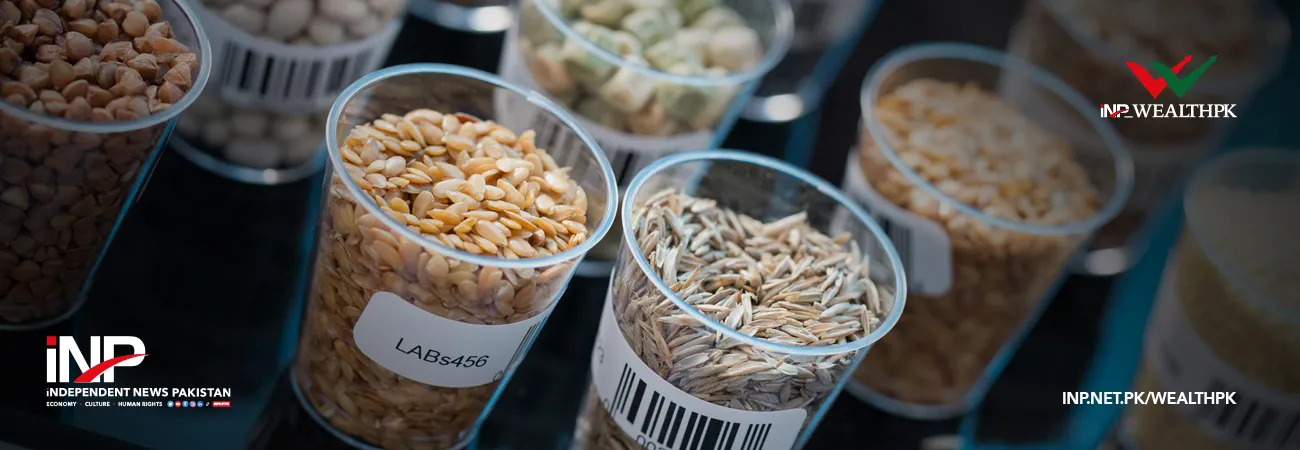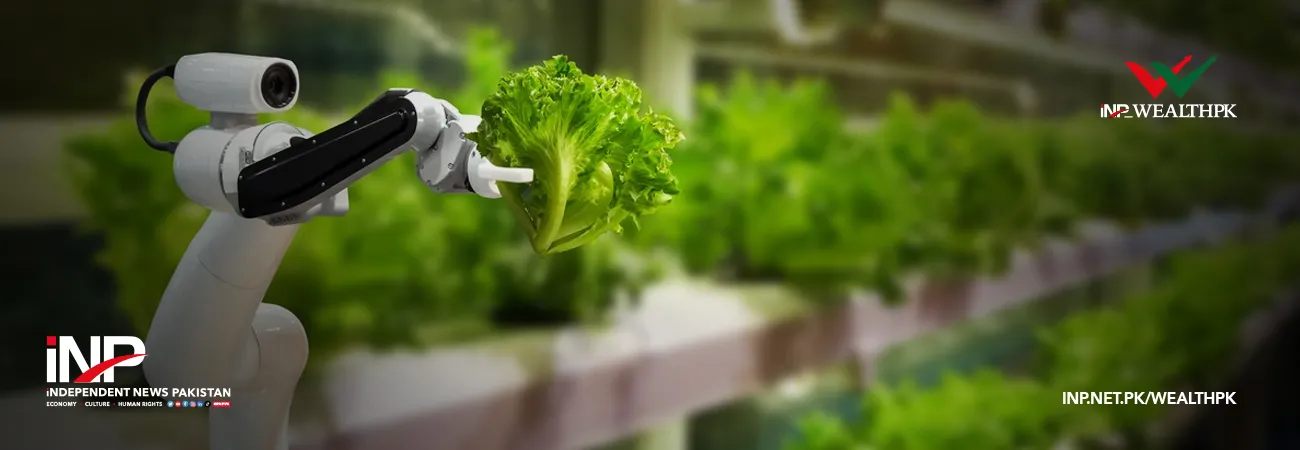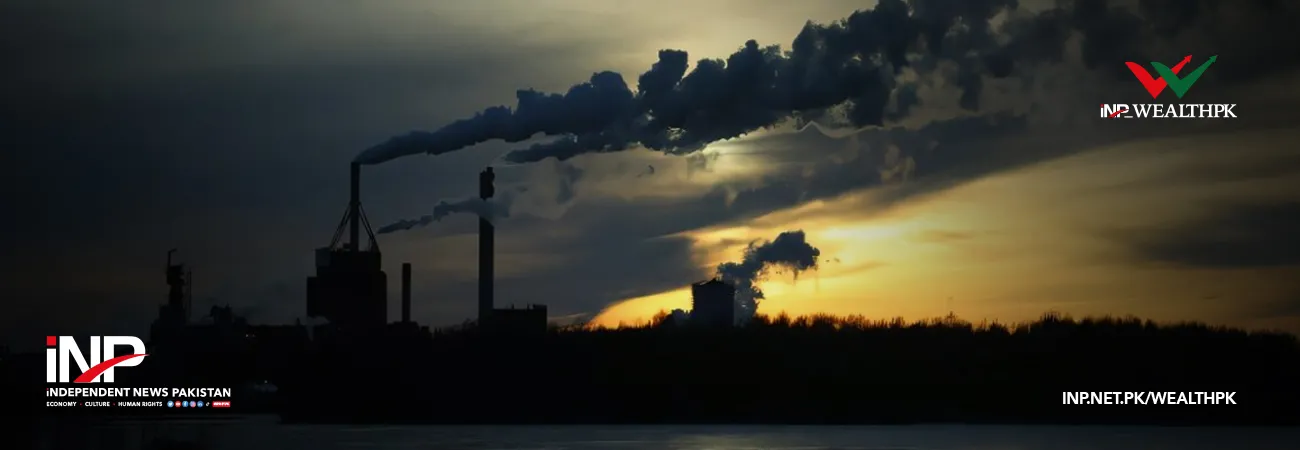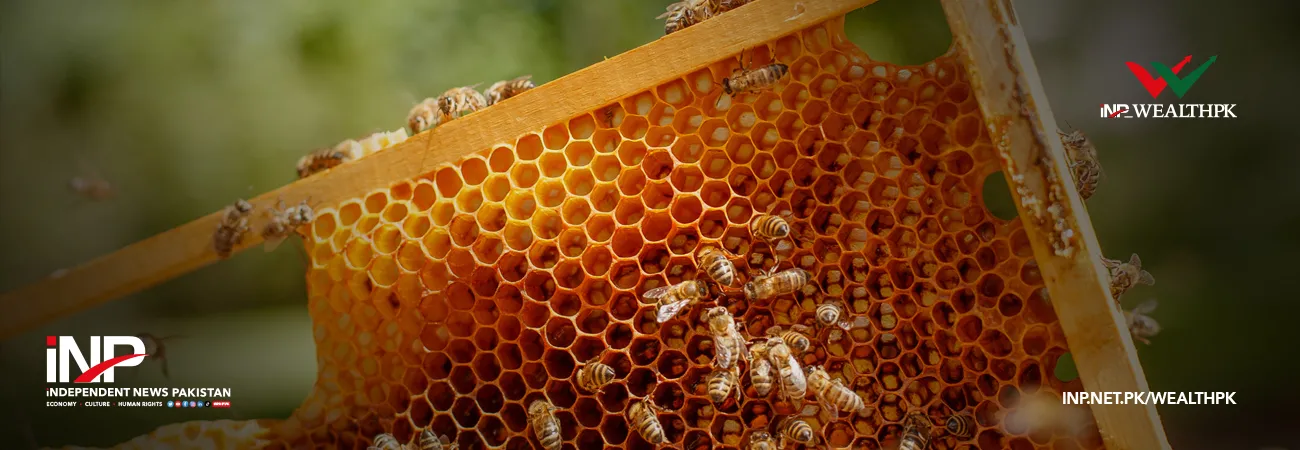INP-WealthPk
Naveed Ahmed
Technological recycling innovations can help minimize the health and environmental hazards associated with the open dumping of no-biodegradable plastic substance accounting for 65 percent of Pakistan's total waste, reports WealthPK.
Dr. Salman Raza Naqvi, Associate Professor of Chemical Engineering at the National University of Science and Technology (NUST), told WealthPK that mechanical and chemical methods can be used to recycle plastic waste depending on the final product required from cycling.
He said mechanical recycling was more efficient in producing plastic pellets from waste than chemical recycling while explaining the working of a mechanical machine developed by the Ministry of Science and Technology (MoST) named portable plastic bottle (PET) recycling cell.
Salman explained that a portable cell consisted of two machines, one for shredding and the other for injecting plastic. The shredding unit converts the plastic waste into small-sized pellets which are then poured into the injection unit.
“The injection unit is the place where the melting of plastic takes place. This melted plastic enters the mould where it solidifies and a variety of products can be obtained depending upon the shape of the mould. These two units are interconnected and provide suitable plastic (PET) products at a good rate. We aim to make the recycling cell portable for installation in various locations and promote plastic recycling,” he said.
He said the main use of the machine was to recycle waste plastics at home or at public places at one’s convenience instead of dumping them into open landfills. Also, it can be used to produce threads which are used in 3D printers and the clothing industry.
Recycled plastic is being increasingly used in Pakistani industries as a means to reduce waste and environmental pollution. A wide range of industries, including textile, packaging and construction, have begun utilizing recycled plastic in the production of different products. The use of recycled plastic helps reduce the amount of waste as well as greenhouse gas emissions, Naqvi said.
In addition, it can also help save the costs associated with the disposal of plastic waste. The latest figures show that the use of recycled plastic has increased by 20% in Pakistan over the past years. This trend is expected to continue, as more and more industries have begun to realize the benefits of recycled materials, Naqvi said.
According to Ehsan Gul, Head of Experimentation, UNDP Innovation-Accelerator Lab Pakistan, it is hard to say the best thing you can do about the problem of plastic. Linear solutions like banning and switching from single-use plastic to multi-use alternatives are not as effective as required.
Plastics are cheaper, more durable, and accessible. With a struggling economy, total ban will put many people out of job or reduce their customer footfall if no alternative bag is available.
While PET bottles and other plastics of higher economic value get scavenged, most single-use non-biodegradable plastic finds its way to the open garbage sinks, landfill sites, or municipal sewers, choking sewage disposal systems. Instead, it can be made usable by recycling.
Credit : Independent News Pakistan-WealthPk



